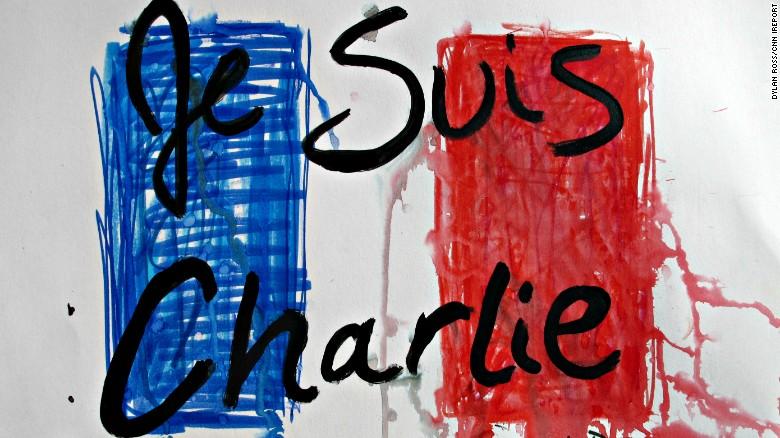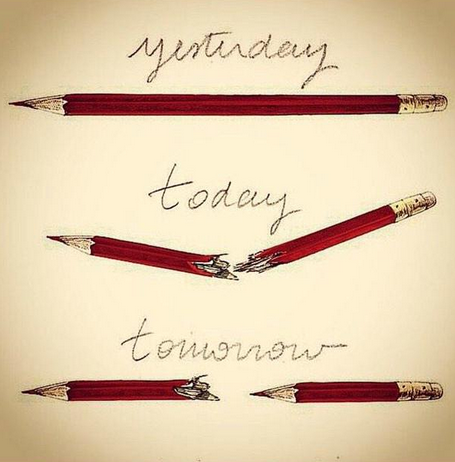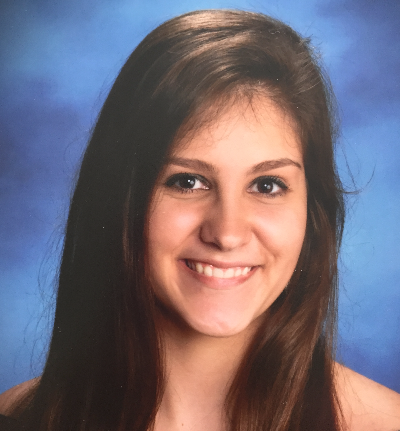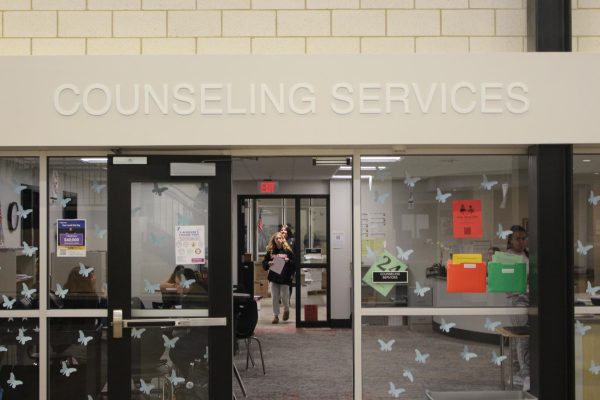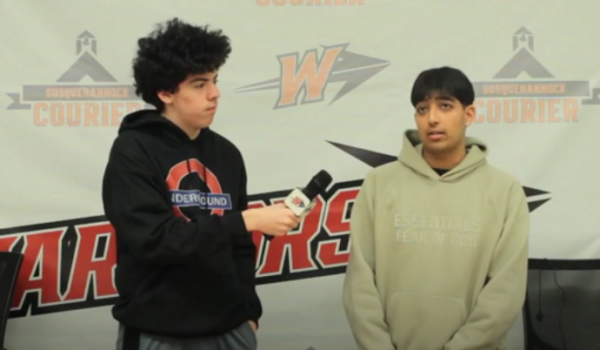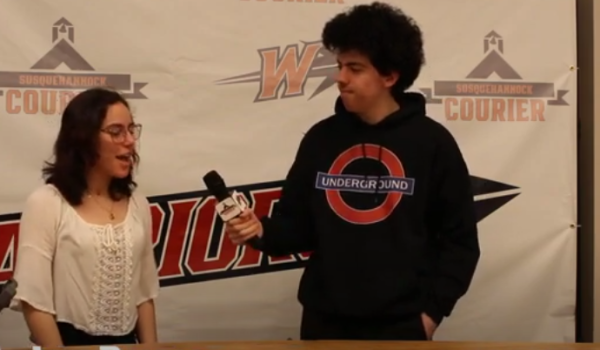Freedom of Speech Hangs in the Balance
This phrase has quickly become the words that unite people against terrorism in Paris. Photo courtesy of CNN
January 25, 2015
Freedom of speech was threatened within the offices of a Paris magazine on January 7, 2015, and the aftershock of this event has affected the entirety of the world.
The Initial Events
Charlie Hedbo, a French satirical publication, recently published a cartoon depicting Mohammad, which could be deemed offensive to those who practice Islam. Because of this cartoon, two Muslim extremists, Cherif and Said Kouachi, entered the office and opened fire on an editorial board meeting. From the event, there were twelve deaths, including editorial director Stephane Charbonnier, and eleven were wounded.
After a manhunt, the two extremists were killed by police forces, and another act of terror, a hostage situation in a supermarket, resulted in the death of another extremist, Amedy Coulibaly. His partner, Hayat Boumeddiene, has not been found by police forces yet.
For a more detailed account of the events, visit BBC’s website.
Media and Celebrity Response
Like almost all terrorist events, the Charlie Hedbo crisis has caught the attention of the world. Some American news platforms are expressing support for the magazine and the right to free speech, and celebrities of all kinds are utilizing social media to offer condolences.
“@jtimberlake: Pray for those families who lost loved ones AND the people senseless enough to commit this travesty. #JeSuisCharlie”
Actors and actresses also wore pens as pins on their ensembles at the Golden Globes. The gesture was supposed to symbolize freedom of speech, and this act was intensified by a speech during the show to give condolences to Paris.
English teacher Tim Groth, upon hearing the events that transpired, felt affected by the attack on freedom of speech.
“Yes, I do [feel affected],” said Groth. “I’m traveling to Europe this summer, and we [as Americans] see Europe as [an atmosphere like] pre-9/11 America. This idea [that terrorism isn’t present] has been shattered.”
This attack of the freedom of speech has made other news publications think, yet most are adamant on the fact that they can publish what they wish to. In fact, many of these news organizations are encouraging the magazine to continue publishing its radical cartoons.
The March
In memory of the lives lost, supporters of the magazine participated in a march through the French streets. Leaders from 30 countries and an immeasurable amount of French citizens adopted the phrase “Je suis Charlie,” which translated to English means “I am Charlie.”
Missing was a senior government representative from the United States, and this rose many questions as to why the Obama administration is not openly showing support to France. Victoria Nuland, Secretary of State for Europe, was the only representative present for the Washington D.C. rally.
Does Freedom of Speech Go too Far?
Though many are expressing support for Charlie Hebdo, others are questioning whether or not the magazine went too far in its published cartoon. For example, author of the infamous Harry Potter series J.K. Rowling tweeted, “Sometimes a picture says it better than any writer could. #CharlieHebdo.”
Social Studies teacher Kirsten Hamilla thinks that freedom of speech can go too far, but the response in Paris was unwarranted.
“I think we should have the right to say what we want,” said Hamilla. “People have to understand that because we have that right, we should not resort to violence [when people use that right].”
The question remains if the freedom of speech can go too far. It’s true that people should be allowed to publish what they would like, but there’s also the issue of who the publication could hurt. As children, we’re taught to treat others as we would like to be treated, and some would argue that the magazine did not follow that guideline when choosing to publish an image that is obviously offensive to Muslims.
Future events regarding the Charlie Hebdo magazine in relation to Muslim extremists are truly unknown, yet when freedom of speech is in question, the entire world and its journalists will be willing to be involved.



